Article
Dementia Care: The Promise of Artificial Intelligence
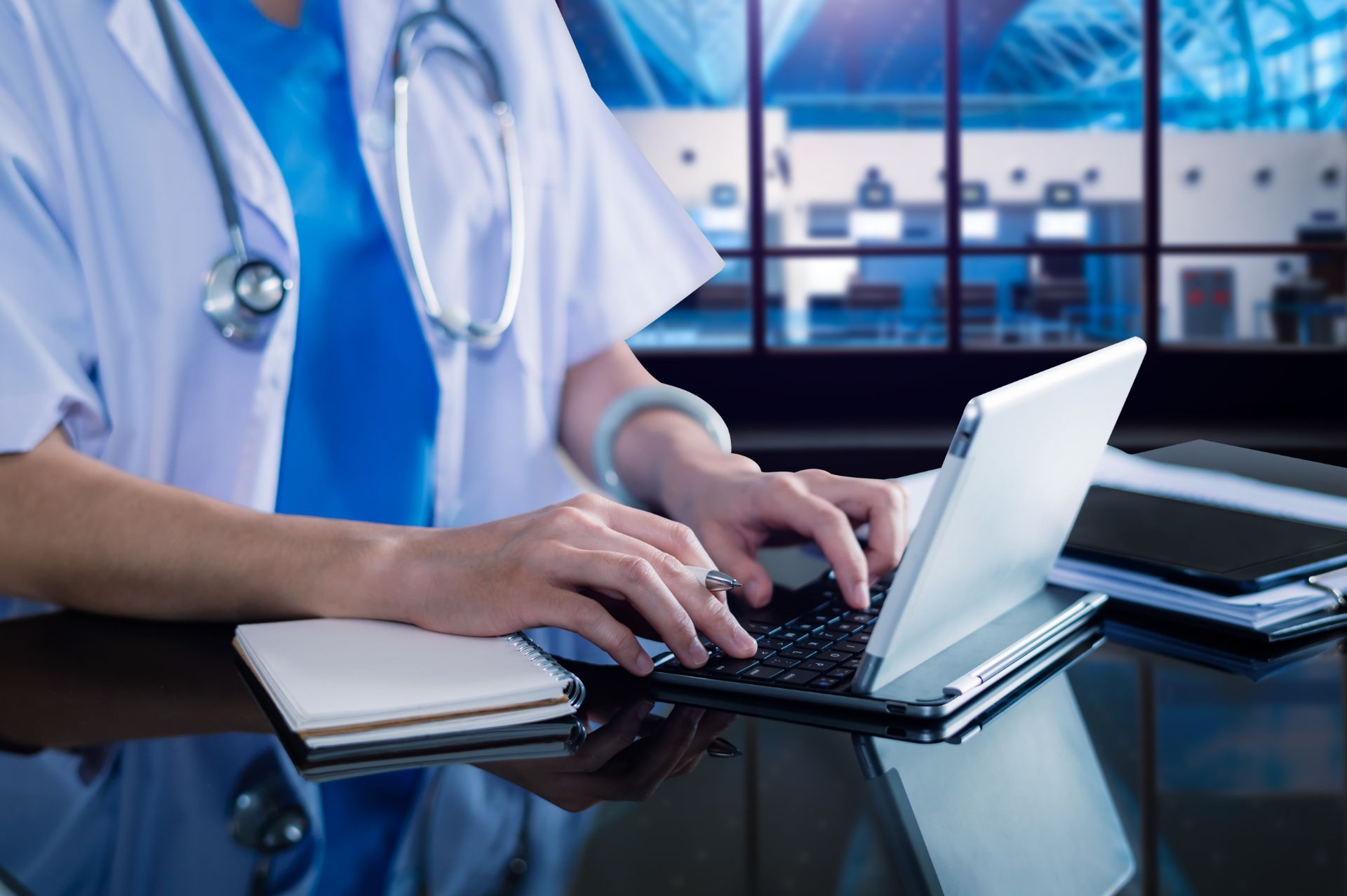
Health
With no cure in sight, the quest for innovative solutions to improve the lives of those affected by dementia has gained momentum in recent years. One such solution that holds tremendous promise is Artificial Intelligence (AI). This article explores the intersection of dementia and AI, delving into the ways AI can revolutionise dementia care, from early detection to personalised treatment and support.
Dementia and Artificial Intelligence
One of the challenges in dementia is early detection. Diagnosing dementia in its early stages is crucial for several reasons. First, it allows for interventions that can slow down the progression of the disease and improve the quality of life for affected individuals. Second, early diagnosis enables patients and their families to plan for the future, make informed decisions about care, and access support services.
AI and Early Detection
AI has emerged as a powerful tool for early detection of dementia. Machine learning algorithms can analyse vast amounts of data, including medical records, imaging scans, and even speech patterns, to identify subtle changes that may indicate the presence of dementia. For example, AI can analyse brain scans to detect structural abnormalities or track changes in brain activity over time.
One notable application of AI in early detection is the use of natural language processing (NLP) to analyse speech patterns. Researchers have found that individuals with dementia often exhibit specific linguistic markers in their speech, such as reduced vocabulary and repetitive phrases. AI algorithms can analyse these linguistic features in real-time conversations or recorded speech to provide early warning signs of cognitive decline.
The potential of AI in early detection extends beyond speech analysis. Wearable devices and smart home technology can monitor various physiological and behavioural parameters, such as sleep patterns, gait, and social interactions. AI algorithms can then process this data to detect changes indicative of dementia. These technologies offer a non-invasive and continuous monitoring solution, which is particularly valuable for early detection.
Personalised Treatment and Support
Once dementia is diagnosed, the challenge shifts to providing personalised treatment and support. Every individual's experience with dementia is unique, and tailoring care to their specific needs and preferences is essential for improving their quality of life. This is where AI can play a transformative role.
Personalised Care Plans
AI can analyse a patient's medical history, cognitive assessments, and even genetic information to create personalised care plans. These plans can include recommendations for therapy, and lifestyle modifications tailored to the individual's needs. AI can continuously update and adjust these plans based on the patient's response to treatment and changes in their condition, ensuring that care remains relevant and effective.
Support for Caregivers
Dementia care often falls on the shoulders of family members and caregivers. The emotional and physical toll of caregiving can be overwhelming, leading to caregiver burnout. AI-powered tools can provide much-needed support to caregivers. For instance, virtual assistants can help with medication reminders, schedule management, and access to educational resources. Additionally, AI chatbots and virtual support groups can offer emotional support and guidance to caregivers, reducing their stress and improving their ability to provide care.
Enhancing Cognitive Function
Another exciting application of AI in dementia care is in the use of cognitive training programmes. These programmes can leverage AI algorithms to create personalised brain-training exercises that target specific cognitive functions, such as memory, attention, and problem-solving. Individuals with dementia can engage in these exercises on digital platforms, providing a structured and enjoyable way to maintain cognitive function.
One notable example is the use of virtual reality (VR) for cognitive rehabilitation. VR environments can immerse individuals in interactive and engaging experiences that challenge their cognitive abilities. AI can adapt these experiences in real-time based on the user's performance, ensuring that the tasks remain challenging yet achievable.
Improving Quality of Life
AI-powered technologies can enhance the overall quality of life for individuals living with dementia. Companion robots, for instance, can provide companionship and assistance with daily tasks. Furthermore, AI-driven music therapy and reminiscence apps can tap into the power of music and nostalgia to evoke positive emotions and memories. These apps curate playlists and content based on the individual's personal history and musical preferences, creating a sense of comfort and connection.
Challenges and Ethical Considerations
While the potential of AI in dementia care is vast, it is not without its challenges and ethical considerations. Privacy concerns arise when AI systems collect and analyse sensitive health data. It is crucial to implement robust data protection measures and obtain informed consent from individuals and their families.
Interpreting AI-generated insights also poses challenges. Healthcare professionals need to understand the AI algorithms they rely on and interpret their outputs in the context of clinical expertise. Moreover, AI-driven interventions should be used as complementary tools rather than replacements for human care.
Final Takeaways
Dementia is a complex and challenging condition that affects millions of lives worldwide. While there is no cure, the integration of Artificial Intelligence into dementia care offers hope for early detection, personalised treatment and improved quality of life. AI can analyse vast datasets, detect subtle changes in cognitive function, and create personalised care plans. It can also provide support to caregivers and enhance cognitive function through innovative technologies like VR.
However, the integration of AI in dementia care also raises ethical concerns, particularly regarding privacy and the role of healthcare professionals. It is essential to strike a balance between harnessing the potential of AI and ensuring that human compassion and expertise remain at the forefront of dementia care.
Related Resources
Article
Health
Having Fun Is Key!
Article
Health
Dementia and Creative Therapy

Article
Health
Dimensions of Wellness
Article
Health
Stroke in Seniors: Understanding, Prevention and Care

Article
Health
Managing Chronic Pain in Seniors: Strategies to Ease Pain

Article
Health
Promoting Mental Health and Well-Being in Seniors: A Guide

Article
Health
Fall Risk in Seniors: Understanding, Preventing and Managing

Article
Health
Living Well with Dementia: A Guide for Caregivers

Article
Health
The Latest Advances in Dementia Research

Article
Health
10 Ways to Reduce the Chances of Getting Dementia

Article
Health
Dementia Care: A Comprehensive Guide for Families

Article
Health
Adapting Your Diet With Age: Factors to Consider

Video
- 0-15
- min
Health
Blood Pressure as we age: What is a healthy target?

Article
- 0-15
- min
Health
What is the relationship between Diabetes & Dementia

Article
- 0-15
- min
Health
Is tight blood sugar control right for older adults with diabetes...
Article
- 0-15
- min
Health
High Blood Pressure Guidelines and Treatments for Seniors

Article
- 0-20
- min
Health
Cognitive Health and Older Adults

Article
- 0-20
- min
Health
Dietary Supplements for Older Adults

Article
- 0-20
- min
Health
Scientific Secrets to Healthy Aging

Article
- 0-15
- min
Health
Hearing Loss: A Common Problem for Older Adults

Article
- 0-20
- min
Health
Age-Related Memory Loss

Article
- 0-20
- min
Health
What to Know About Pneumonia in Older Adults

Article
- 0-10
- min
Health
8 Early Signs of Arthritis You Should Never Ignore

Article
- 0-10
- min
Health
7 Gentle Exercises for Seniors With Arthritis

Guide
- 0-45
- min
Health
A Caregiver's Guide to Arthritis
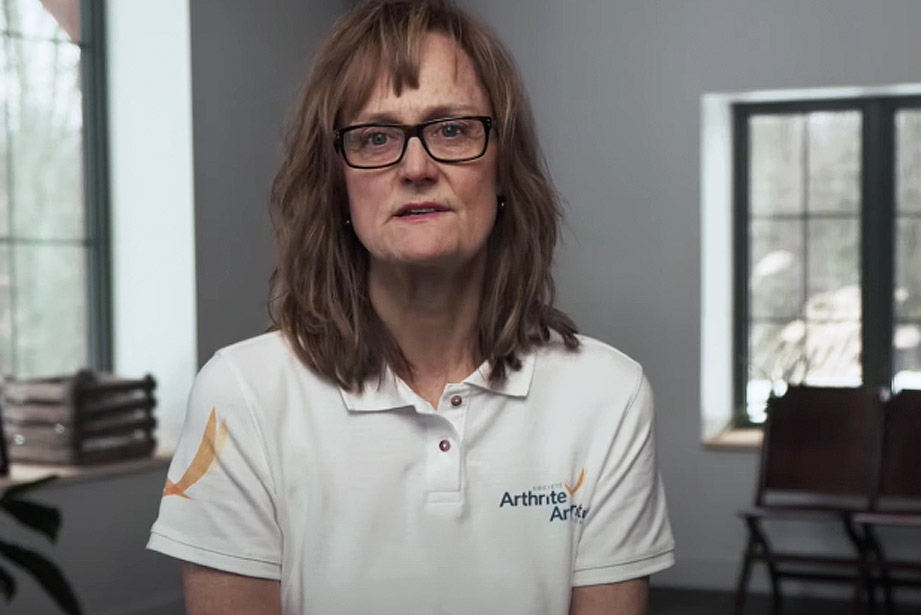
Video
- 0-4
- min
Health
Arthritis Advice - Arthritis and Caregivers

Article
- 0-15
- min
Health
A Good Night's Sleep
Video
- 0-5
- min
Health
Caregiver's survival guide: how to care for the Elderly

Article
- 0-5
- min
Health
5 Foods That Help You Sleep Through the Night as You Age
Video
- 0-6
- min
Health
Agitation and Anxiety

Video
- 0-4
- min
Health
Refusal to take medicines
Video
- 0-5
- min
Health
Refusal to take a bath
Guide
- 0-45
- min
Health
Your mind matters

Article
- 0-5
- min
Health
Mental health of older adults

Article
- 0-5
- min
Health
Signs and Symptoms of Mental Health Issues in Elderly People

Guide
- 0-1
- hours
Health
Eating well with dementia: practical tips for family carers

Video
- 0-11
- min
Health
The Importance of Nutrition and Signs of Malnutrition in Persons...

Article
- 0-10
- min
Health
Meal Appeal: Help Loved Ones with Dementia Get the Nutrition They...

Podcast
- 0-43
- min
Health
Alzheimer's & Dementia Caregiving: You Matter

Podcast
- 0-15
- min
Health
Dementia together podcast
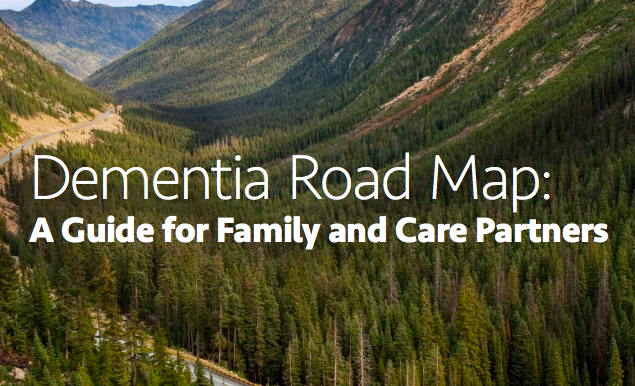
Guide
- 0-60
- min
Health
"Dementia Road Map: A Guide for Family and Care Partners"

Video
- 0-20
- min
Health
Dementia is preventable through lifestyle. Start now

Guide
- 0-60
- min
Health
Caregiver Training Videos

Article
- 0-15
- min
Health
Reducing Your Risk for Dementia

Article
- 0-10
- min
Health
What Is Dementia?
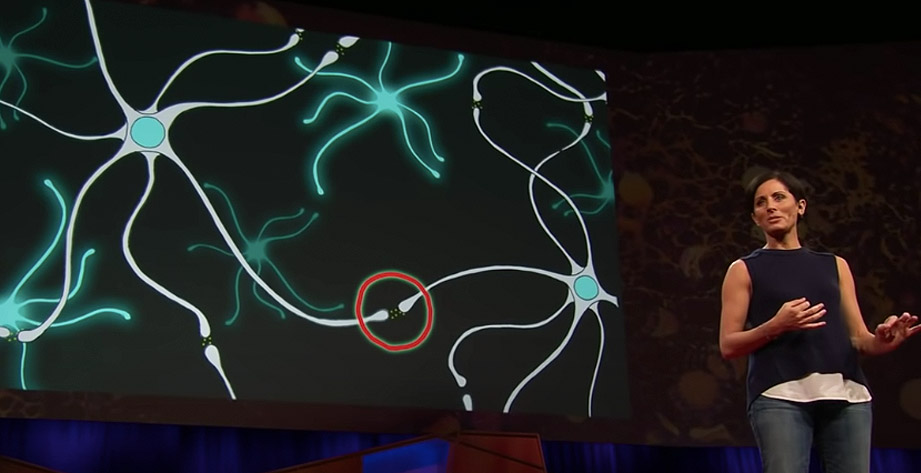
Video
- 0-14
- min
Health
What you can do to prevent Alzheimer's | Lisa Genova

Article
- 0-15
- min
Health
Caring for a Person With Late-Stage Alzheimer's Disease

Article
- 0-10
- min
Health
Coping Strategies for Alzheimer's Disease Caregivers

Guide
- 0-20
- min
Health
How to support a person with dementia to eat and drink well?

Article
- 0-10
- min
Health
Preventing Alzheimer’s Disease and Dementia—or Slowing its Progre...

Video
- 0-17
- min
Health
Power Foods for the Brain

Guide
- 0-20
- min
Health
Caregiving for Alzheimer's
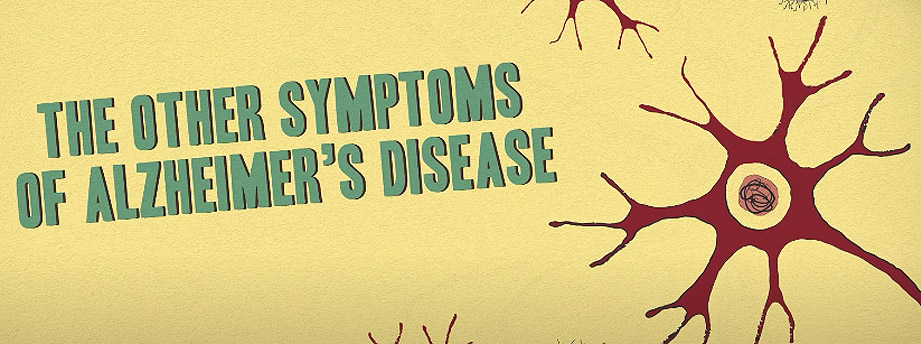
Video
- 0-5
- min
Health
The Other Symptoms of Alzheimer's Disease
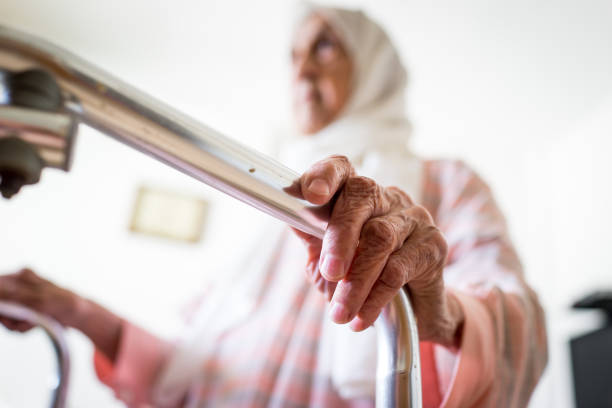
Article
- 0-10
- min
Health
Alzheimer's Disease and Exercise: Safety Tips, Activities and Mor...
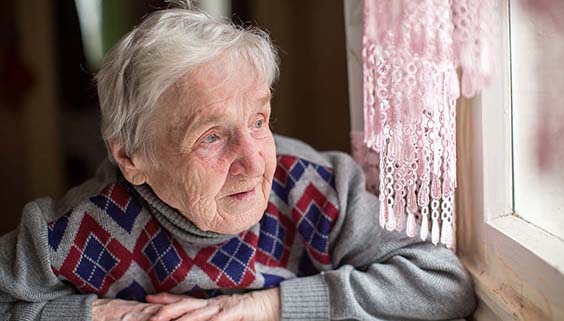
Article
- 0-5
- min
Health
What Is Alzheimer's Disease?

Toolkit
- 0-20
- min
Health
Caregiver Nutrition Education Toolkit

Article
- 0-10
- min
Health
9 Nutrients Older Adults Need for Nutrition and Health

Video
- 0-6
- min
Health
Healthy Aging with Nutrition

Article
- 0-15
- min
Health
Making Sense of Nutrition Advice for Seniors



